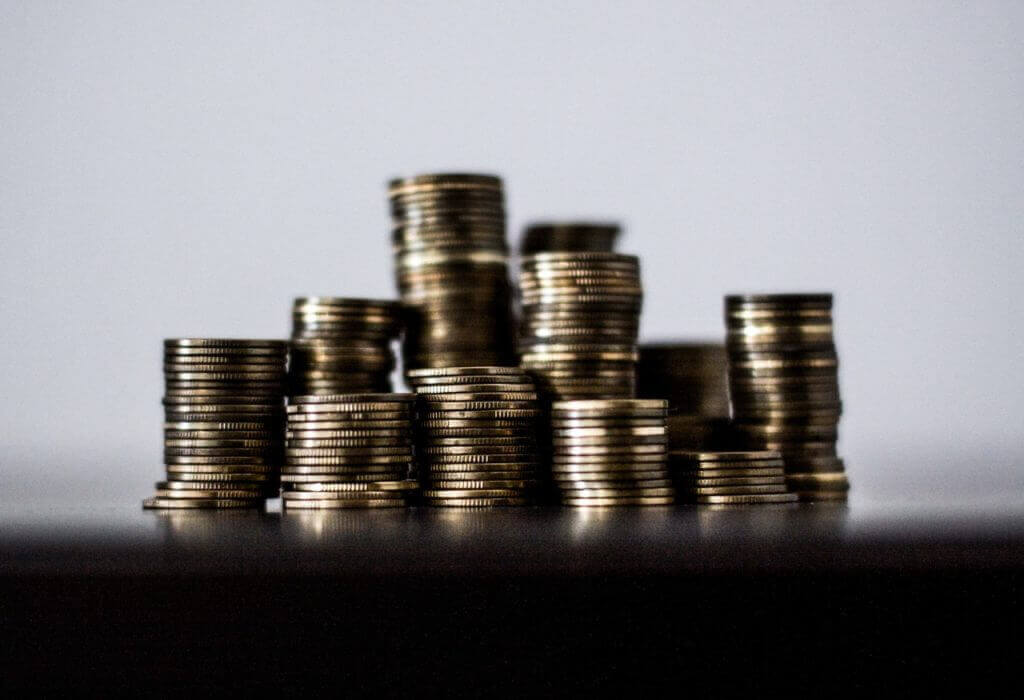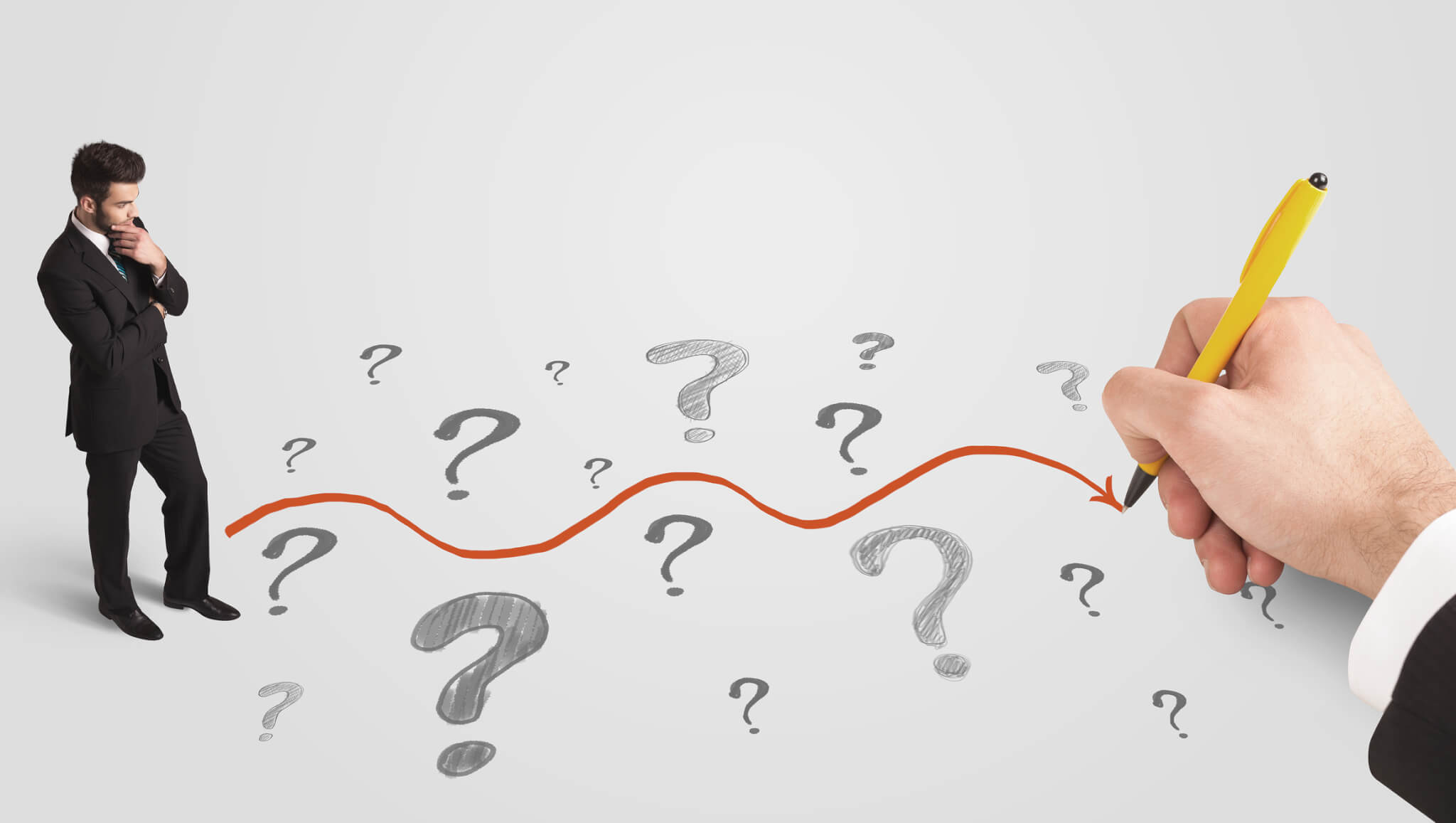
Earlier this year, when wildfires in California began to spread and grow to out-of-control proportions, thousands were forced to evacuate. Some stayed with family or in designated shelters, but for many, when a large-scale emergency occurs, hotels are the only option.
With natural disasters like hurricanes, floods, and tornadoes seeming to happen with frightening regularity, an unfortunate byproduct has been increasing enforcement of state price gouging laws against hotels.
So-called “price gouging” is when a business providing essential consumer goods or services takes advantage of abnormal market conditions caused by events—such as natural disasters, armed conflicts, or other crises—by raising prices to excessive levels.
“Abnormal market conditions” is the term typically found in anti-price gouging statutes to describe when an emergency drives an unusual increase in demand for certain basic goods and services deemed necessary for human comfort and survival. Food, fuel, and shelter are the common examples of essential goods or services to which these laws have been applied. Or, to state things more precisely, the providers of those items have found themselves the subjects of enforcement of anti-price gouging laws.
To date, 34 U.S. states have enacted anti-price gouging legislation. Typically, the way these statutes work is to make it an illegal act for a business to raise prices or rates for essential goods or services during an emergency.
In most cases, the laws impose specific price limitations for essential items or services where a state of emergency has been declared, and those limitations commence immediately upon the announcement of a state of emergency by a governing official; the limitations usually remain in effect for a period of time following the declaration of a state of emergency.




